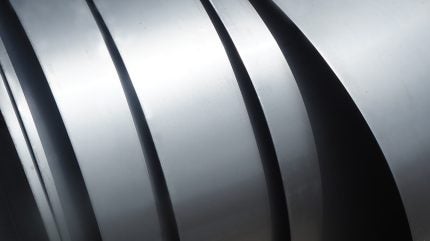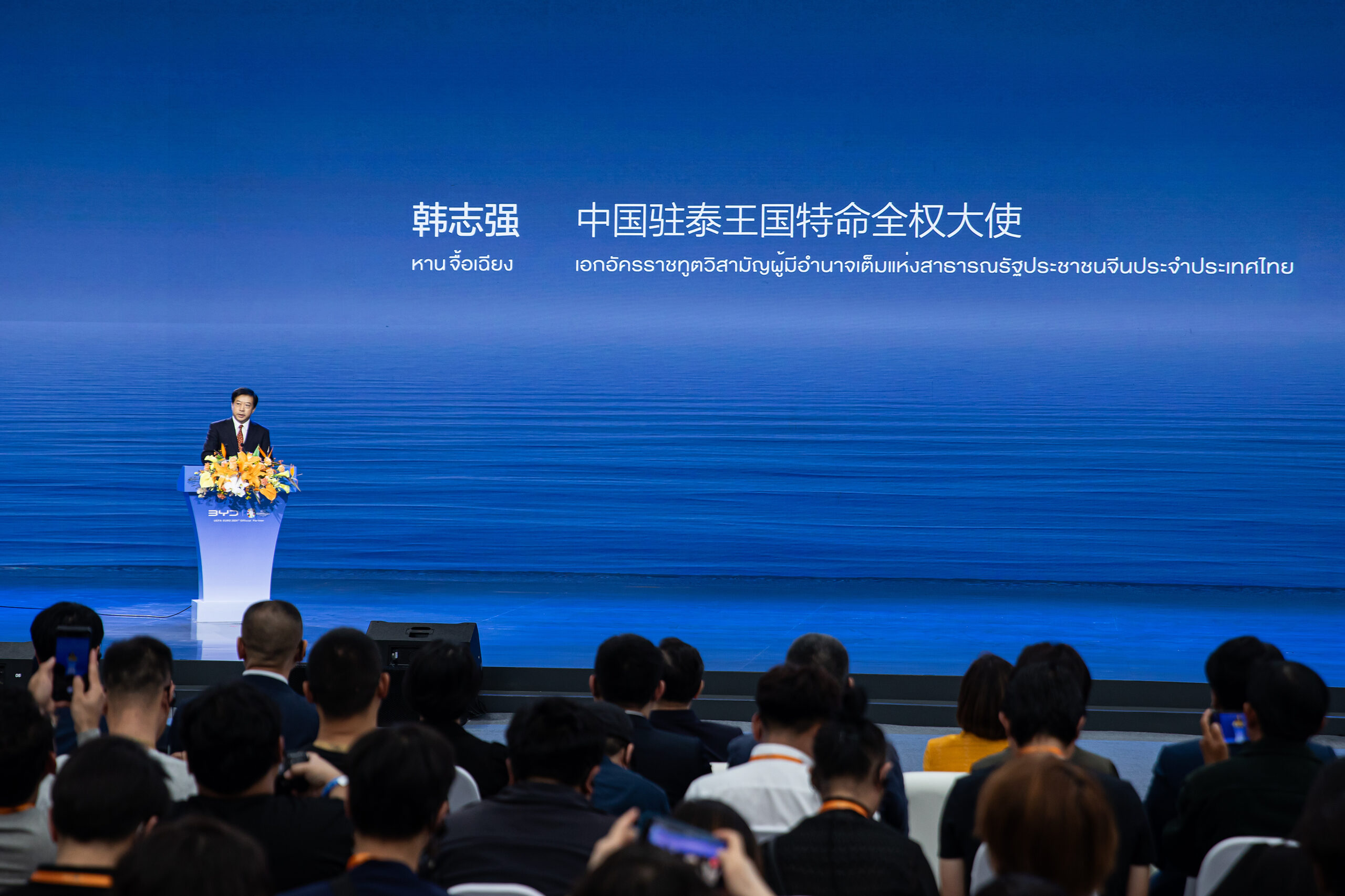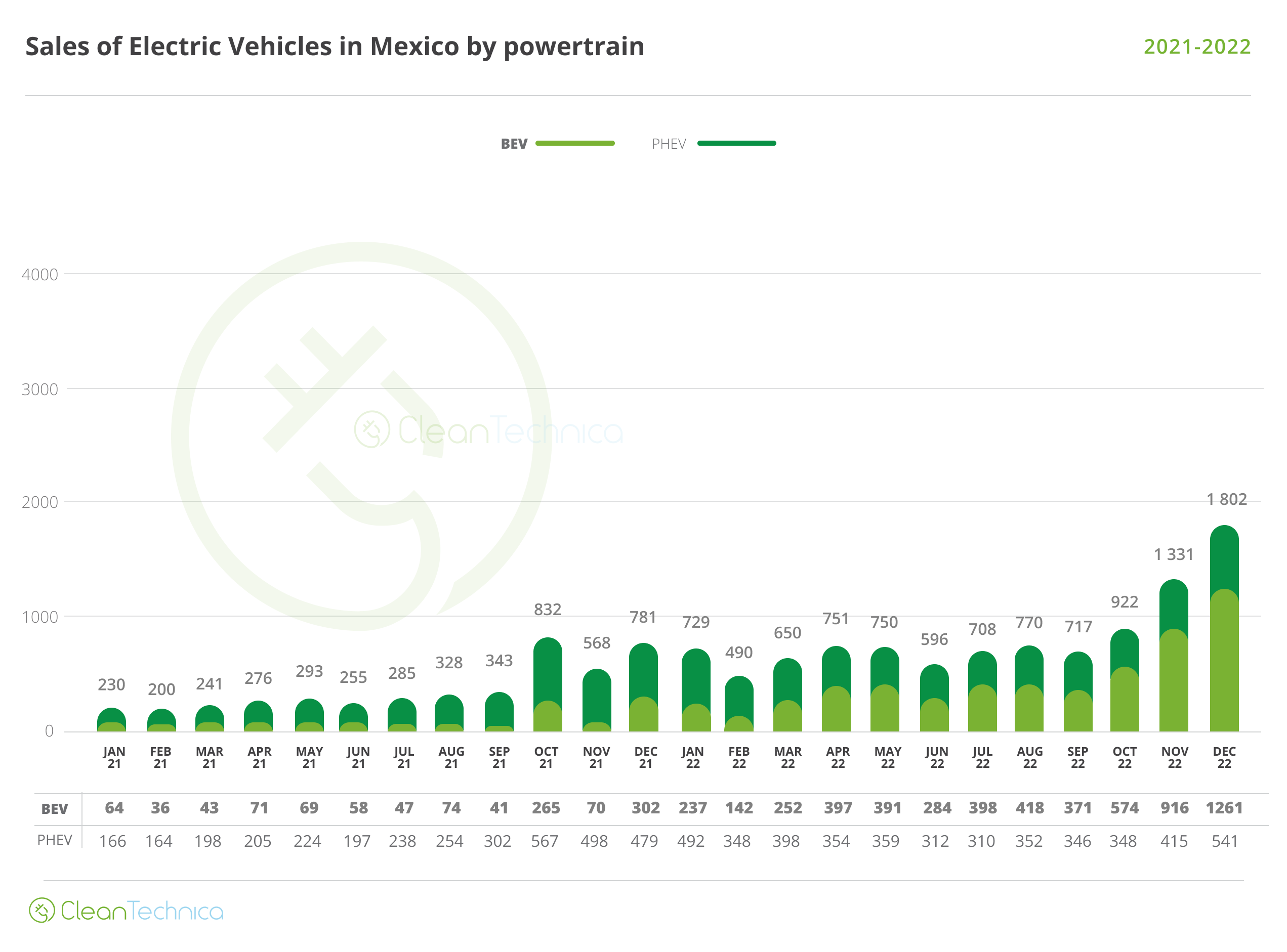
Australian mining giant BHP, India’s JSW Steel and Carbon Clean, a provider of carbon capture solutions, have signed an agreement to assess the implementation of a carbon capture technology aimed at decarbonising the steelmaking process in India.
This collaboration focuses on the feasibility of Carbon Clean’s CycloneCC modular technology to capture up to 100,000 tonnes of CO₂ emissions annually.
India, currently the world’s second-largest steel producer, is projected to double its output by 2030. Indian steel producers are pivotal to achieving the country’s 2070 net-zero goal.
With new blast furnaces expected to operate for decades, the adoption of CCUS technology is seen as crucial to significantly reducing CO₂ emissions intensity in steel production and other challenging sectors.
BHP CEO Rag Udd said: “We are actively studying multiple pathways for steel decarbonisation, including through use of hydrogen and renewable power, but we recognise that the blast furnace route will likely remain a pathway for the production of steel, particularly within India. Supporting the development of key abatement technologies such as CCUS is therefore critical.
“Partnerships and collaboration to accelerate the development and deployment of these technologies is essential, and we are pleased to be working with JSW Steel and Carbon Clean in tackling the challenge of decarbonising steelmaking.”
Access the most comprehensive Company Profiles on the market, powered by GlobalData. Save hours of research. Gain competitive edge.

Your download email will arrive shortly
We are confident about the unique quality of our Company Profiles. However, we want you to make the most beneficial decision for your business, so we offer a free sample that you can download by submitting the below form
By GlobalData
The CycloneCC technology, coupled with Carbon Clean’s APBS-CDRMax solvent, is designed to overcome common challenges in the steel industry, such as high capital and operational costs and space constraints.
It is expected to halve the total installed cost and the equipment footprint, producing units that are ten-times smaller than traditional carbon capture solutions.
This initiative marks a significant move towards enhancing carbon capture capabilities, with the joint studies set to conclude by 2026.
Post-study, the parties will consider implementing CycloneCC at JSW Steel’s Vijayanagar plant in Karnataka, India.
A successful project outcome could see JSW Steel liquefying and locally selling the captured CO₂.
JSW Steel joint managing director and CEO Jayant Acharya said: “We remain committed to transforming our sustainability vision into reality and have already achieved a reduction of carbon emissions intensity by 30% against our 2005 baseline.
“At JSW Steel, we aim to further reduce our steelmaking intensity to 1.95 tonnes of CO₂ per tonne of steel by 2030 and achieving net neutral carbon emissions by 2050.”




